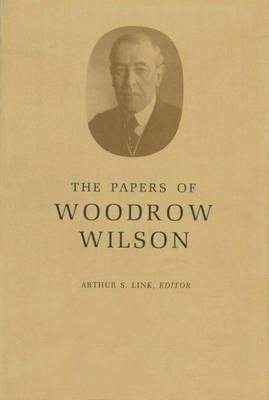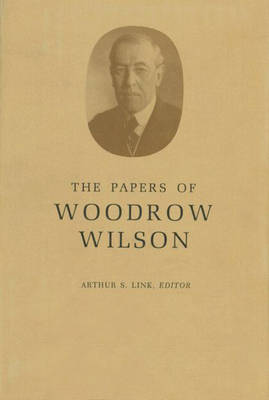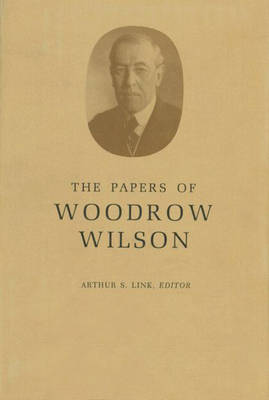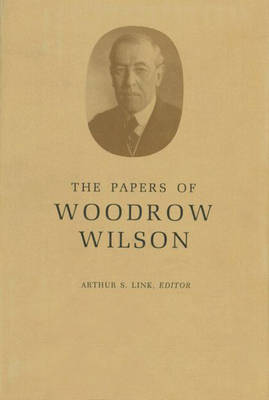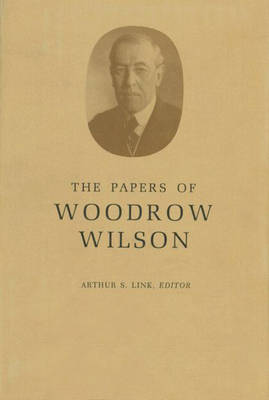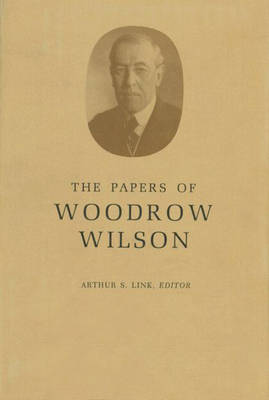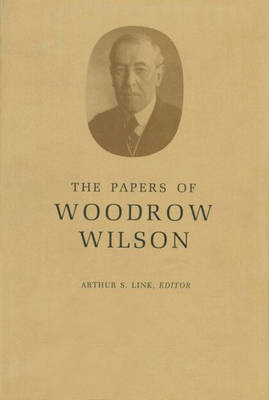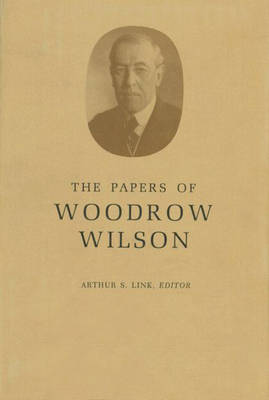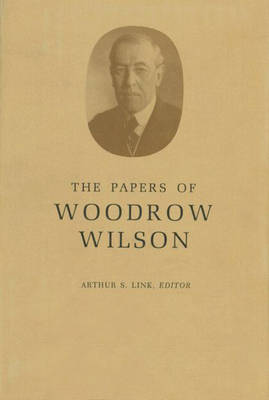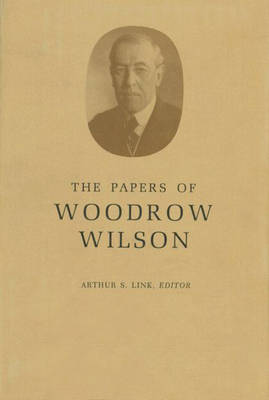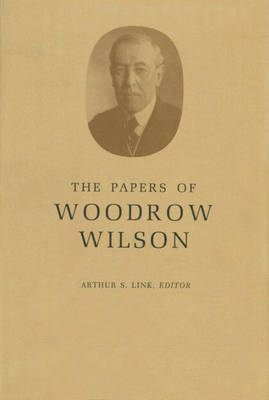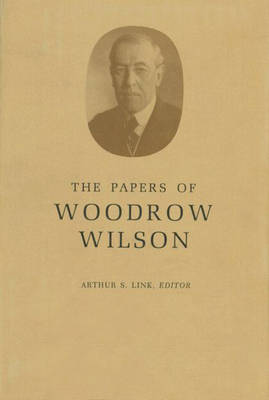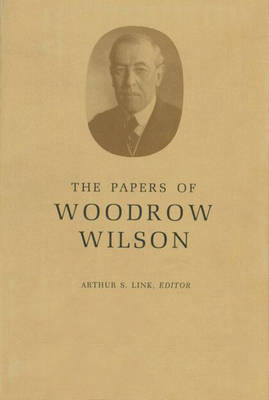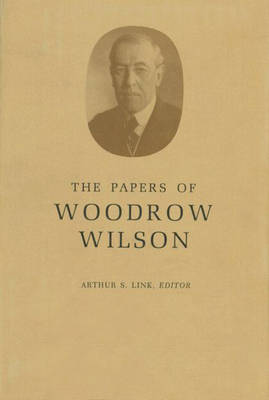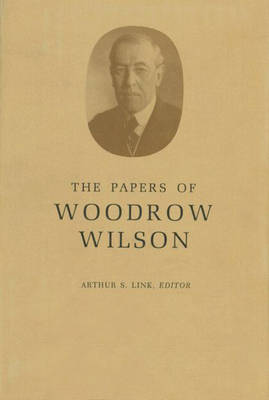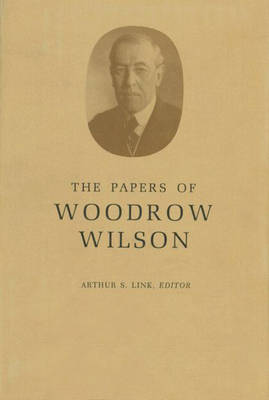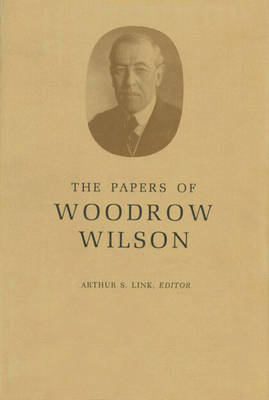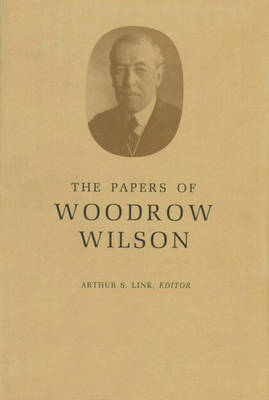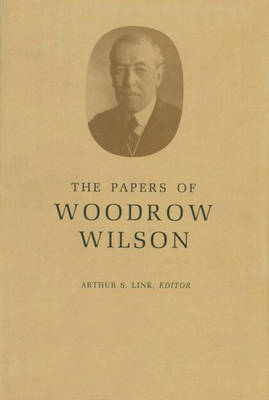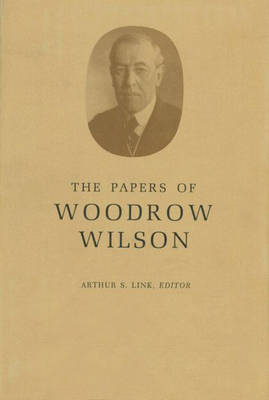Papers of Woodrow Wilson
66 total works
This remarkable volume will compel major new revisions in all future accounts of the controversy over the Versailles Treaty and in biographies of Woodrow Wilson.
A large emergency shipbuilding program is mired in controversy, and Wilson is still struggling with Congress for price control legislation, but he has established a Committee on Public Information to rally public opinion behind the war and has won passage of the Espionage act. He has done all that he can to encourage the nascent Russian democracy but is still suspicious of Allied war aims.
Wilson participates in the formalities preceding Harding's inauguration, and the transition from the White House to a new home on S Street proceeds smoothly. As Wilson's health improves, he forms a law partnership with his former Secretary of State, Bainbridge Colby, and privately seeks political influence, while maintaining absolute silence on affairs of state.
At home, the Presidents faces one of the gravest challenges to his domestic leadership when the four railway brotherhoods call a nationwide strike of freight service after their demands for an eight-hour day without pay reduction are refused. This problem will soon be resolved when Congress adopts the Adamson Eight-Hour Railroad Act.
Serious talk in the newspapers about his candidacy in 1924 encouraged him to work on his acceptance speech and a third inaugural address. On January 27 and 28, however, his health suddenly began to fail, and he continued to decline until his peaceful death on February 3, at 11:55 in the morning.
As the volume ends, he corresponds with Emperor Charles through the King of Spain about the possibilities of a separate peace for Austria-Hungary.
France and Britain want an intervention in Siberia by Japan, but Wilson is resolute in his opposition to this move.
Wilson adamantly refuses to accept Japanese claims to a "paramount" interest in China. As the volume ends, he is at work on a reply to the Pope, who has suggested his own peace plan only two weeks after the proposals of the German moderates.
